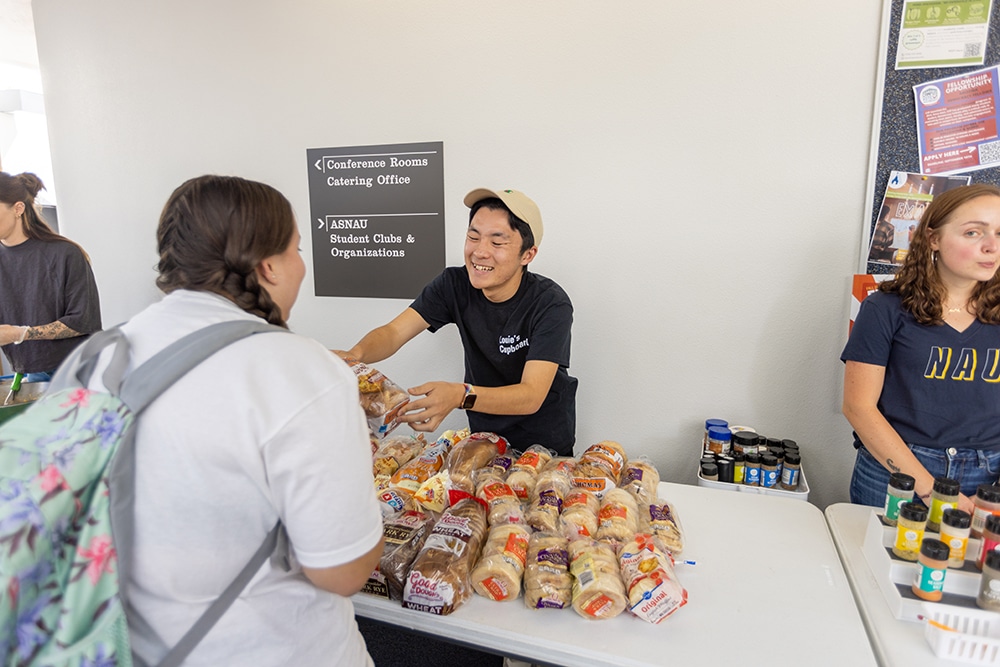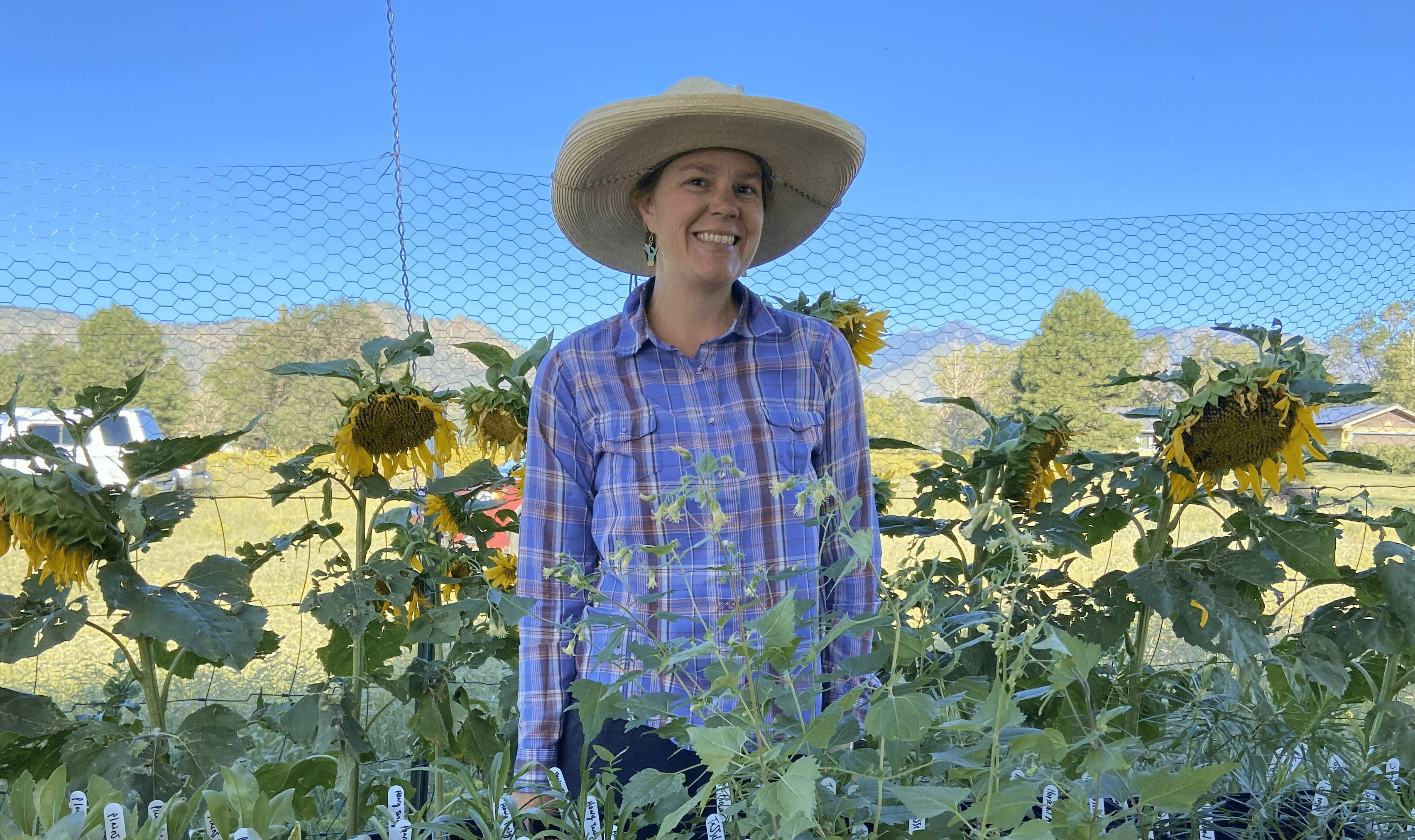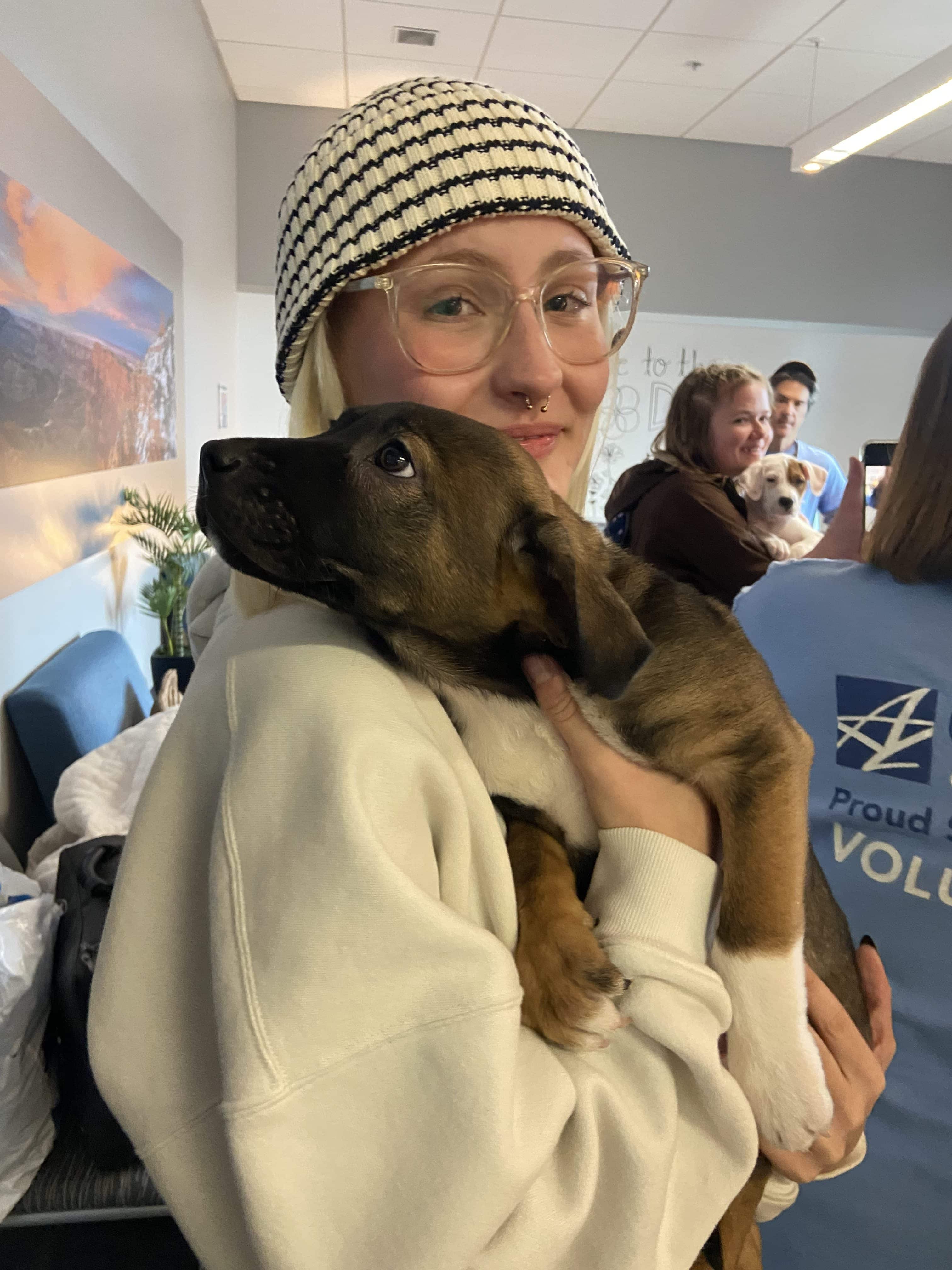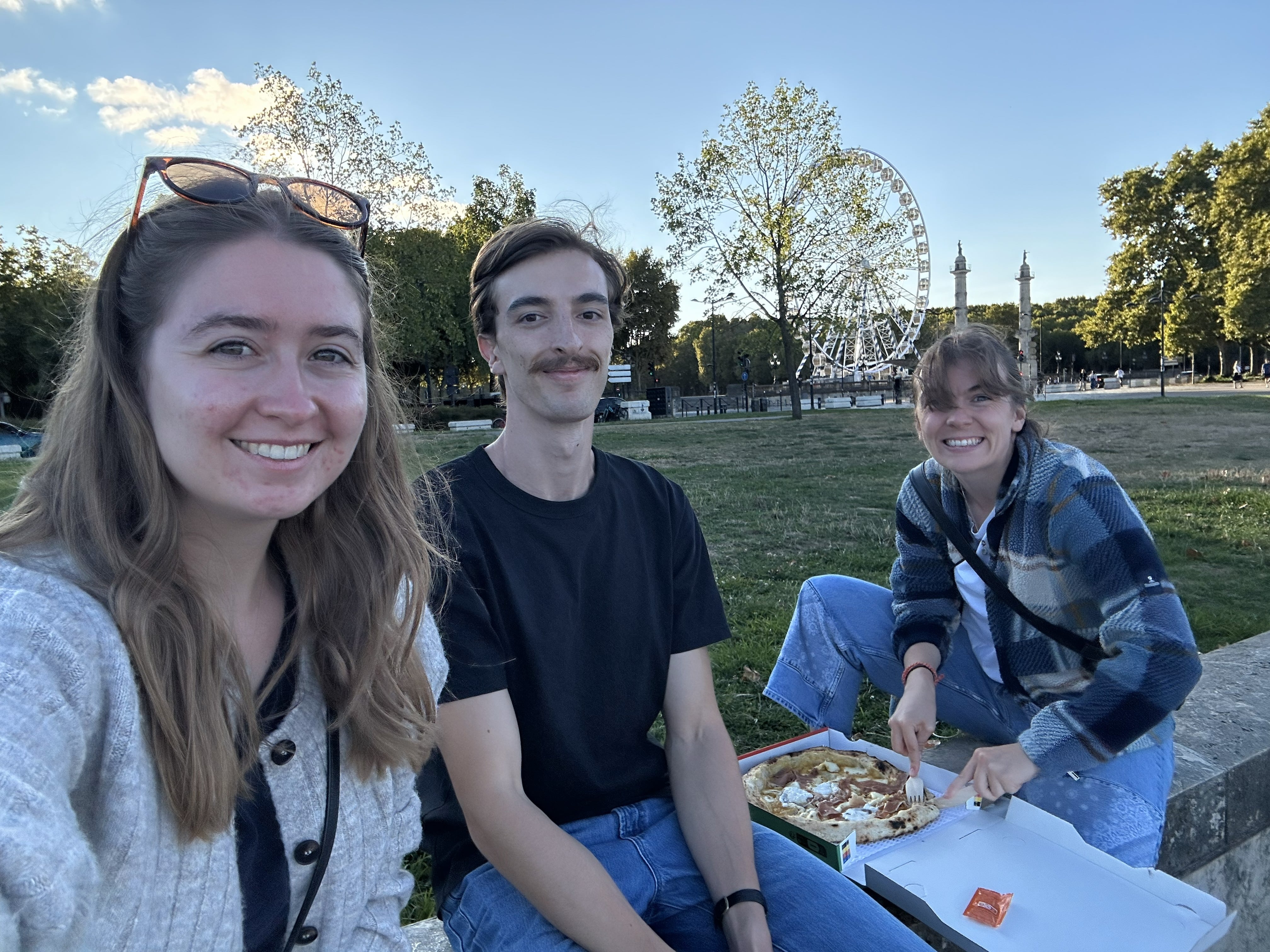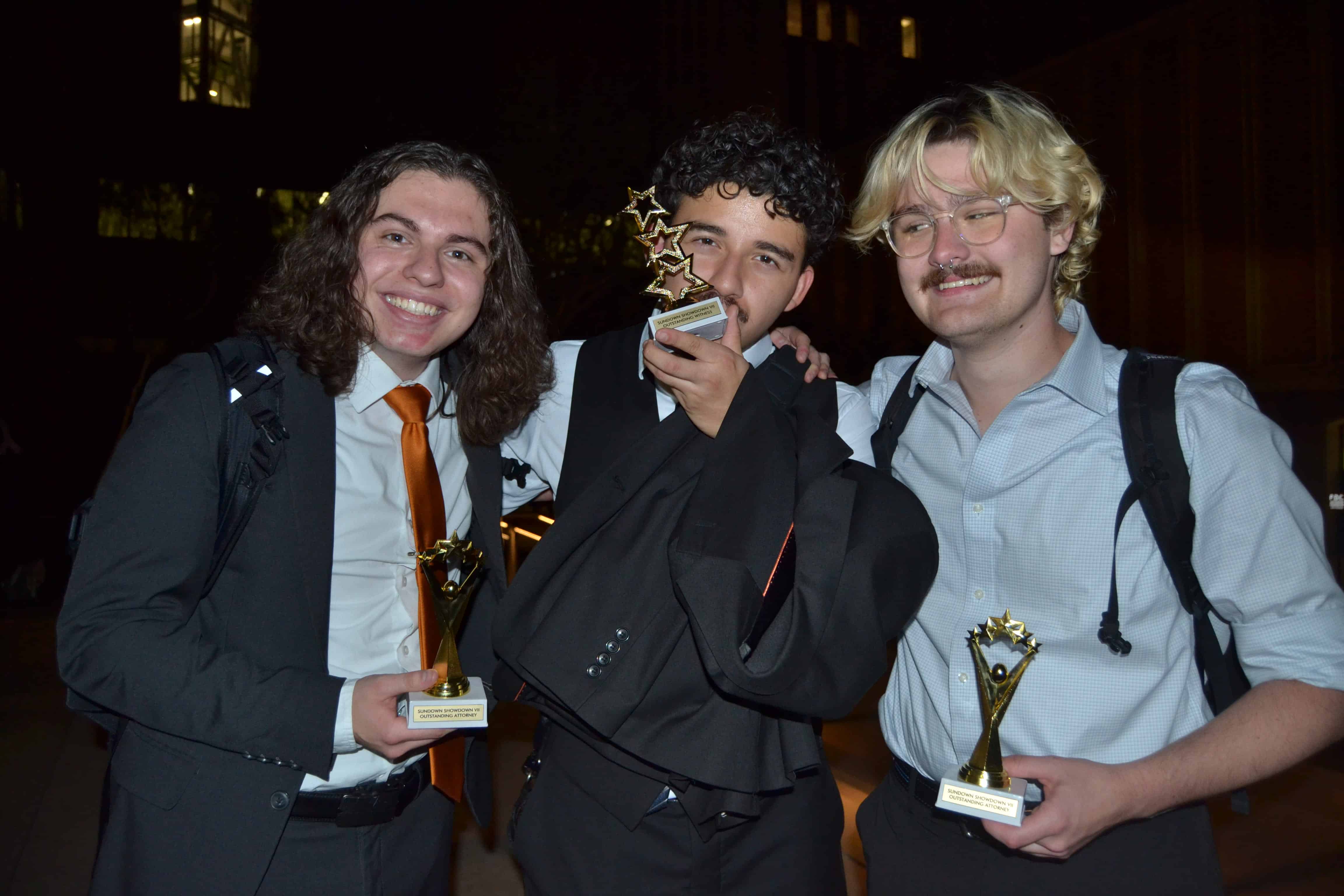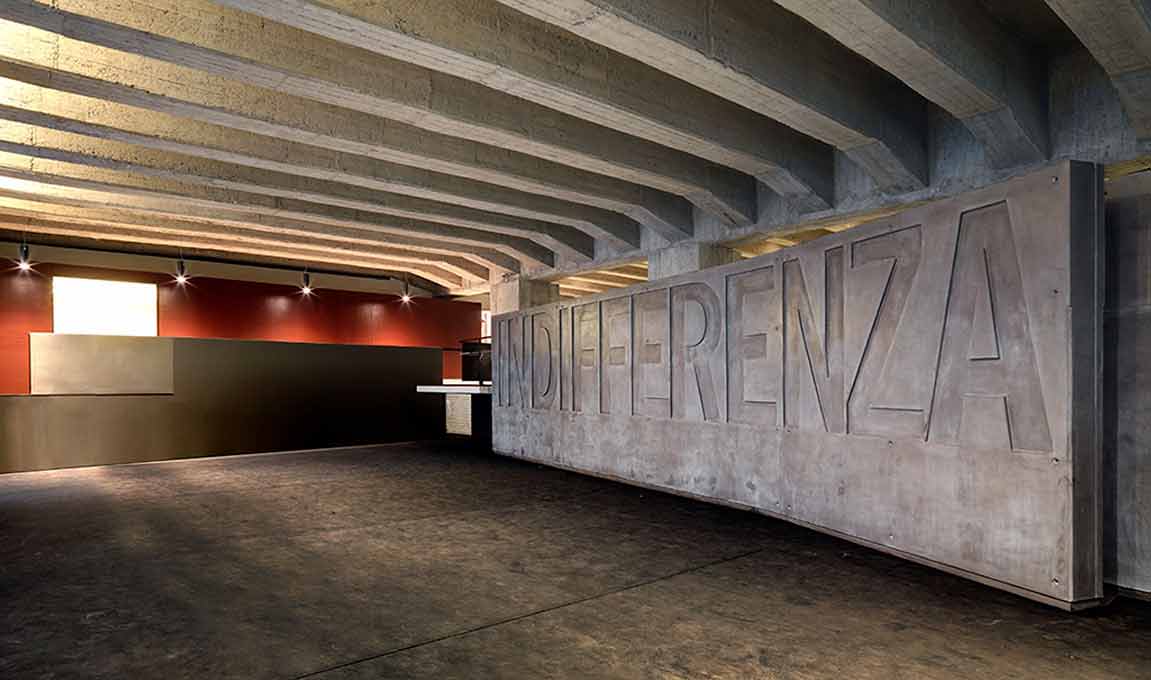
Research & Academics
Using AI to uncover the secret lives of fungi
Understanding the flexibility of fungi is vital for predicting how forests and farms will react to climate change. Unfortunately, the information researchers need is buried in decades of scientific papers that would take too long to comb through manually. But a new study led by NAU doctoral student Beatrice M. Bock demonstrates how AI can solve this problem: By using a specialized language model called BioBERT, Bock developed an automated workflow that assesses scientific abstracts and accurately identifies whether a fungus has a single lifestyle or a dual, flexible one. 
Campus & Community
New partnership helps ensure no Lumberjack goes hungry
After a successful pilot program last semester, the Flagstaff Family Food Center is taking over management of Louie’s Cupboard. The partnership will expand food offerings and offer improved access for students both now and in the long term. 
Research & Academics
Women in agriculture on the road to mental wellness
Hidden underneath the tough exterior of women in agriculture lies a growing mental health crisis shaped by isolation, financial pressure and relentless farm stress. A doctoral student at NAU, who is a farmer herself, is working on finding ways to offer support where existing systems fall short. 

